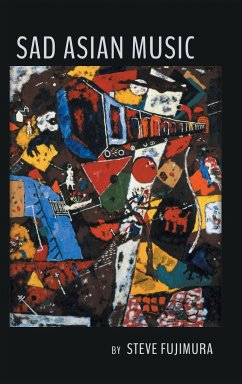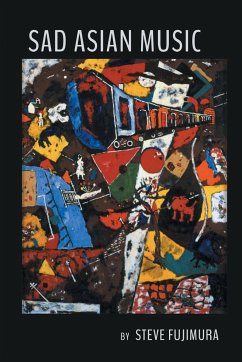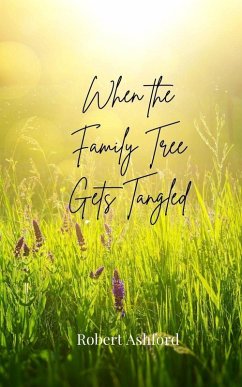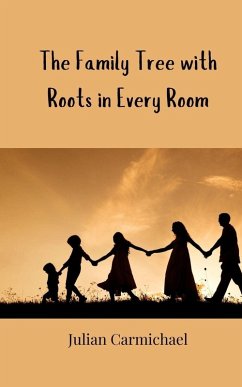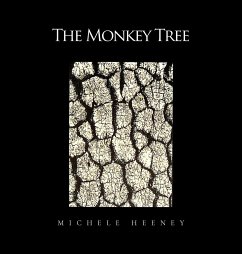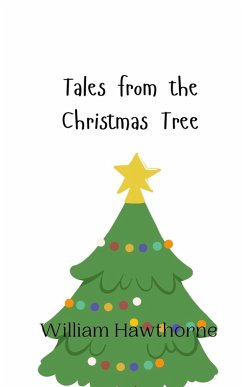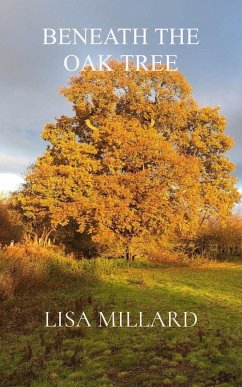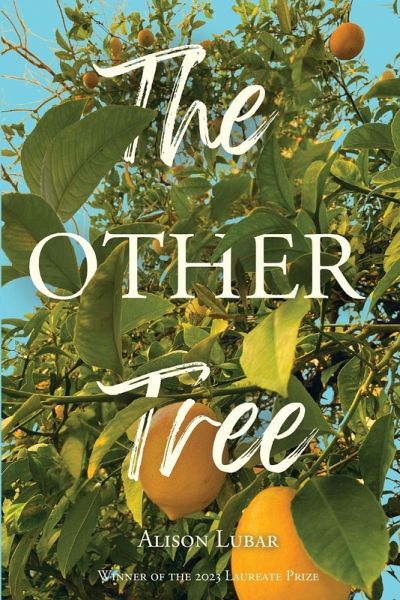
The Other Tree
Versandkostenfrei!
Versandfertig in 1-2 Wochen
18,99 €
inkl. MwSt.

PAYBACK Punkte
9 °P sammeln!
The Other Tree, winner of the 2024 Laureate Prize and Alison Lubar's second full-length poetry collection, is grounded in their family's story of imprisonment during the Japanese Internment. From the lemon tree in Auntie Masae's backyard and its perennial fruit, the California sunshine and the Pennsylvania winters, the desolation of Tule Lake Relocation Center and the abundance of their mother's suburban kitchen, these poems offer a story that spans cross-country and ninety-five years, and remains rooted in transgenerational healing. Through free verse, haibun, prose poetry, sonnet, some forma...
The Other Tree, winner of the 2024 Laureate Prize and Alison Lubar's second full-length poetry collection, is grounded in their family's story of imprisonment during the Japanese Internment. From the lemon tree in Auntie Masae's backyard and its perennial fruit, the California sunshine and the Pennsylvania winters, the desolation of Tule Lake Relocation Center and the abundance of their mother's suburban kitchen, these poems offer a story that spans cross-country and ninety-five years, and remains rooted in transgenerational healing. Through free verse, haibun, prose poetry, sonnet, some formal and others not, The Other Tree's poems are curated with a year and location to contextualize both chronologically and thematically. Since healing isn't linear, these poems are circular in their curation and exploration of time, spanning Tacoma Washington in 1930 to Oakland California today, and follow the relationships among Lubar's Ojisan, Auntie Masae, mother, and great-grandmother, Shizuko. This collection also reflects Lubar's own mixed-race and queer (nonbinary, sapphic, femme) identity. The Other Tree considers the complexity of love and redemption, how human relationships, like emotions, never exist in a binary. It considers the "other" of the "family tree," and how one source of roots can produce so much varied, healing growth. In an age where we've started to see the same cruel and hate-filled policies policing our communities to imprison "alien enemies," along with villainizing members of the queer community and pathologizing their colors, intersectional voices are more important than ever. This book is for those at an intersection, for those healing from the cruel legacies that were forced upon their predecessors, for those moving forward while not forgetting the past, but purging it of its bitterness- the epitome of taking lemons from the other tree, the family tree, to make lemonade.



